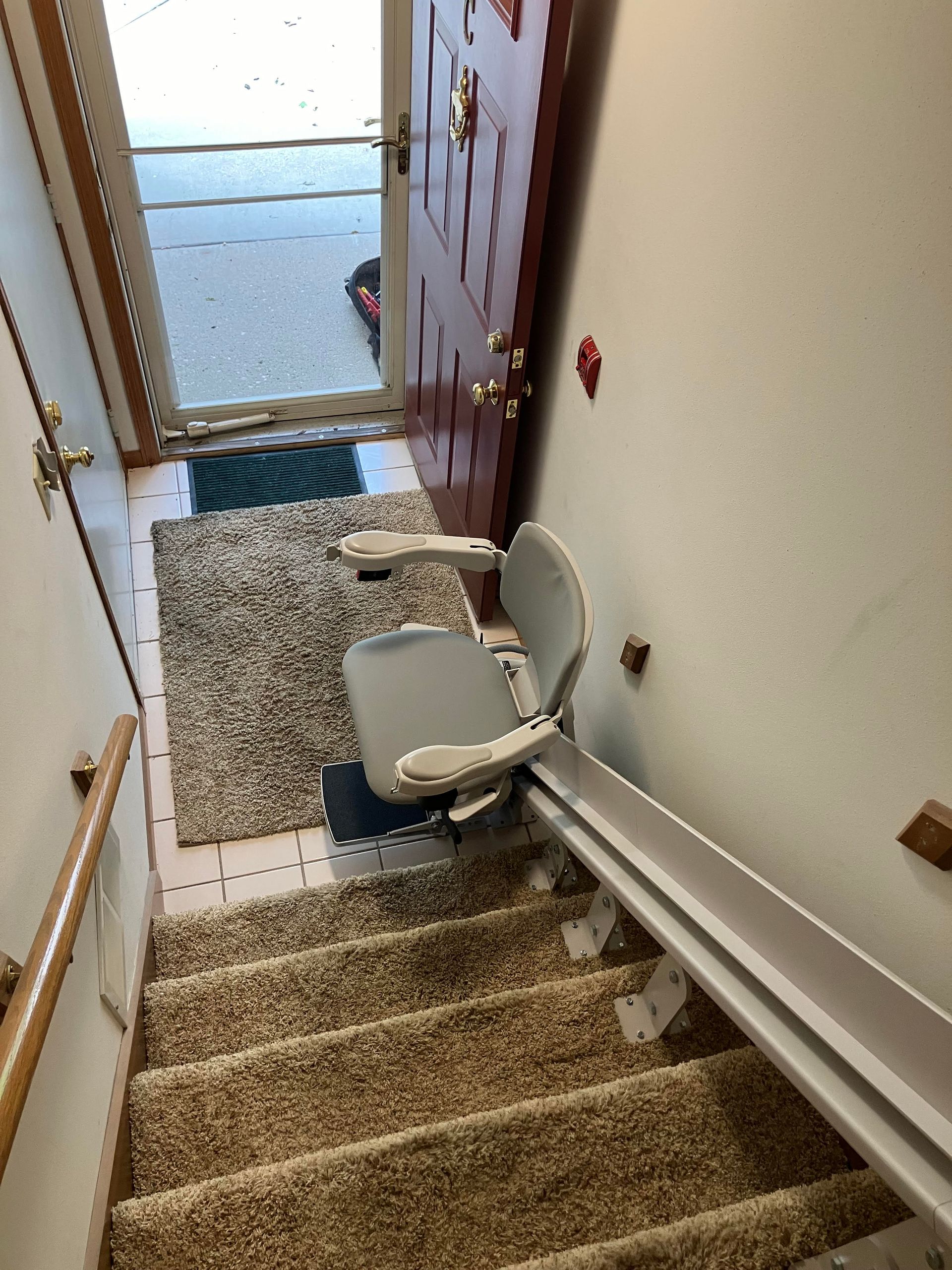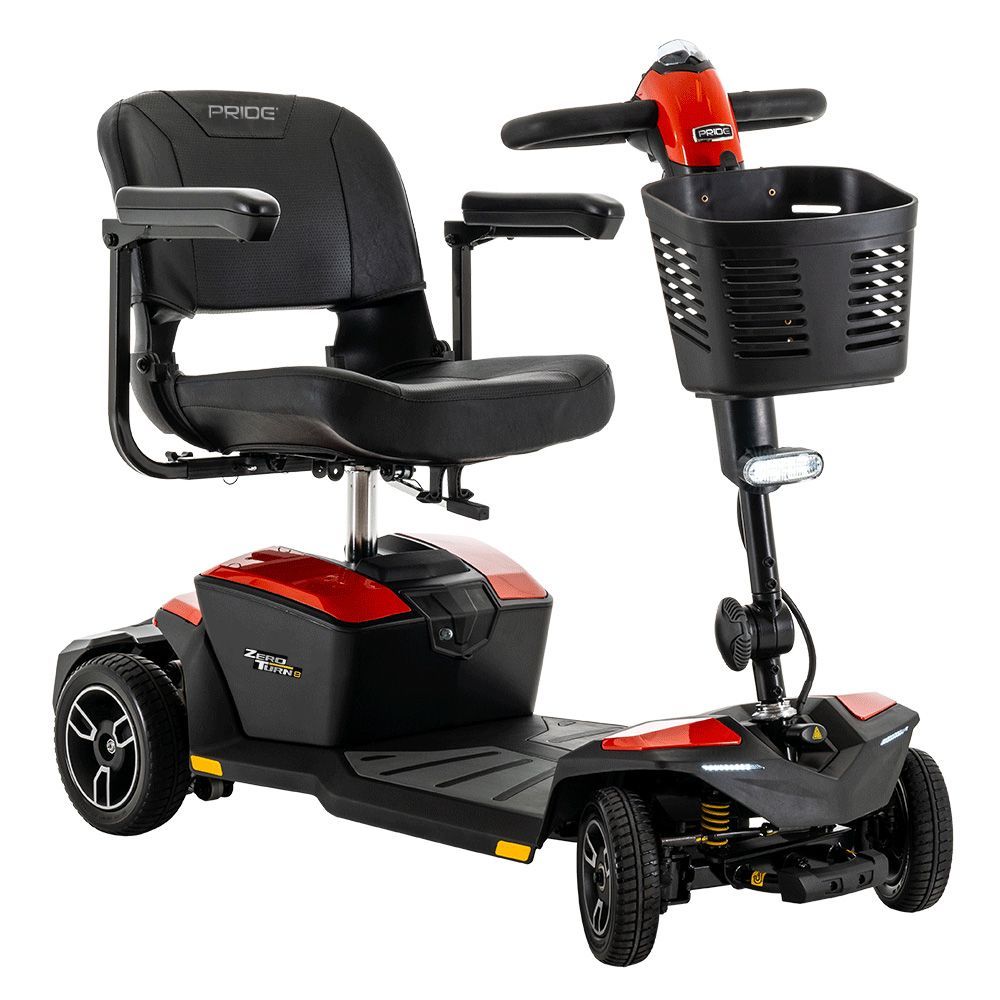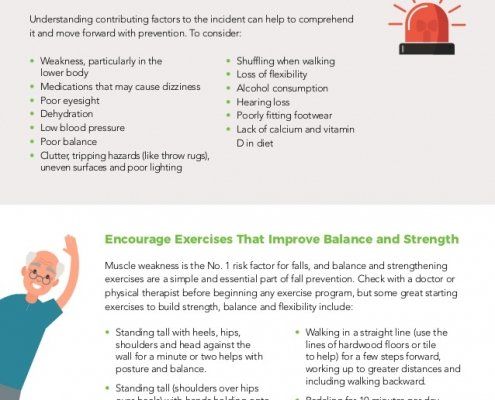Stair Lifts, Scooters, Lift Chairs & More
Family Owned Since 2004
Saving Money on Groceries: Tips for Seniors
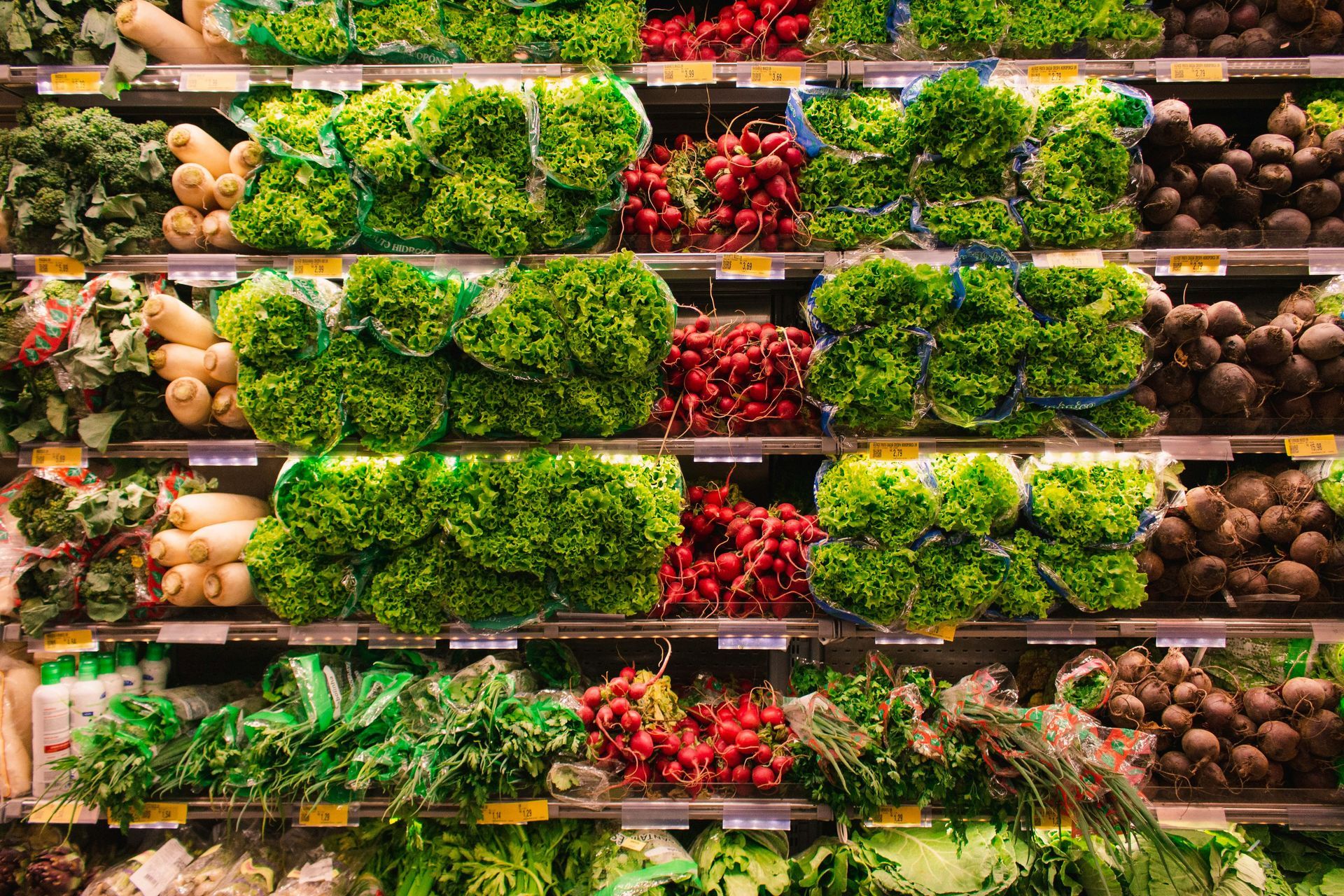
As we grow older, managing finances becomes more important, and one area where seniors can often save money is on groceries. With a few thoughtful strategies, it’s possible to stretch your budget without sacrificing nutrition or quality. Here are some helpful tips to make your grocery shopping more cost-effective:
1. Plan Your Meals
Meal planning is one of the best ways to reduce grocery expenses. Take some time each week to plan out your meals. By creating a shopping list based on what you need for those meals, you’ll avoid impulse buys and minimize food waste. Look for recipes that use ingredients you already have or those that are on sale.
2. Use Coupons and Discounts
Take advantage of coupons, both digital and paper. Many grocery stores offer senior discounts on specific days of the week. Signing up for store loyalty programs or downloading apps for your favorite grocery stores can help you stay informed about sales and discounts. Many stores also send out weekly flyers with deals that are worth checking out.
3. Buy in Bulk
Purchasing items in bulk is a great way to save money in the long run. Opt for bulk items like rice, pasta, canned goods, and frozen vegetables. These products have a long shelf life, so you don’t have to worry about them going bad quickly. Just make sure you have enough space for storage.
4. Choose Store Brands
Store brands or generic items are often just as good as their name-brand counterparts but at a fraction of the cost. Most store brands offer the same quality, and you can save a significant amount over time by switching to these products.
5. Shop at Discount Stores or Farmer’s Markets
Discount grocery stores, such as Aldi or Costco, offer great savings, especially for bulk items. Additionally, shopping at local farmer’s markets can be a good way to find fresh produce at lower prices, and you can often negotiate or buy in larger quantities.
6. Use Frozen and Canned Foods
Frozen fruits, vegetables, and meats are often less expensive than their fresh counterparts and can be just as nutritious. Canned goods like beans, tomatoes, and soups are also affordable options and have a long shelf life, which reduces the chances of food going to waste.
7. Avoid Processed and Convenience Foods
Pre-packaged and processed foods tend to be more expensive. While they can save time, they often come at a higher price. Cooking from scratch with simple ingredients can be much more cost-effective and healthier in the long run.
8. Store Leftovers Wisely
Leftovers can be a great way to save money. If you cook more than you need, store the extra food in air-tight containers in the fridge or freezer for later meals. This prevents waste and ensures you always have a quick meal on hand when you don’t feel like cooking.
9. Keep Track of Expiration Dates
Regularly check your pantry and fridge for items that are close to their expiration dates. Use them up before buying more to avoid spending money on things you don’t need. A little organization goes a long way in saving money.
10. Shop with a Budget
Set a weekly or monthly grocery budget and stick to it. Keep track of how much you’re spending and adjust your purchases as needed to stay within your budget. Having a clear idea of how much you can spend helps you make more informed decisions when shopping.
Saving money on groceries doesn’t have to mean sacrificing the quality of your meals. By planning ahead, being mindful of your purchases, and taking advantage of sales, seniors can stretch their grocery budget and still enjoy healthy, delicious meals. Keep these tips in mind, and you’ll find that it’s easier than ever to save at the grocery store while maintaining a balanced diet.
Miller Mobility | 262-549-4900 | www.millermobility.com
Miller Mobility Products




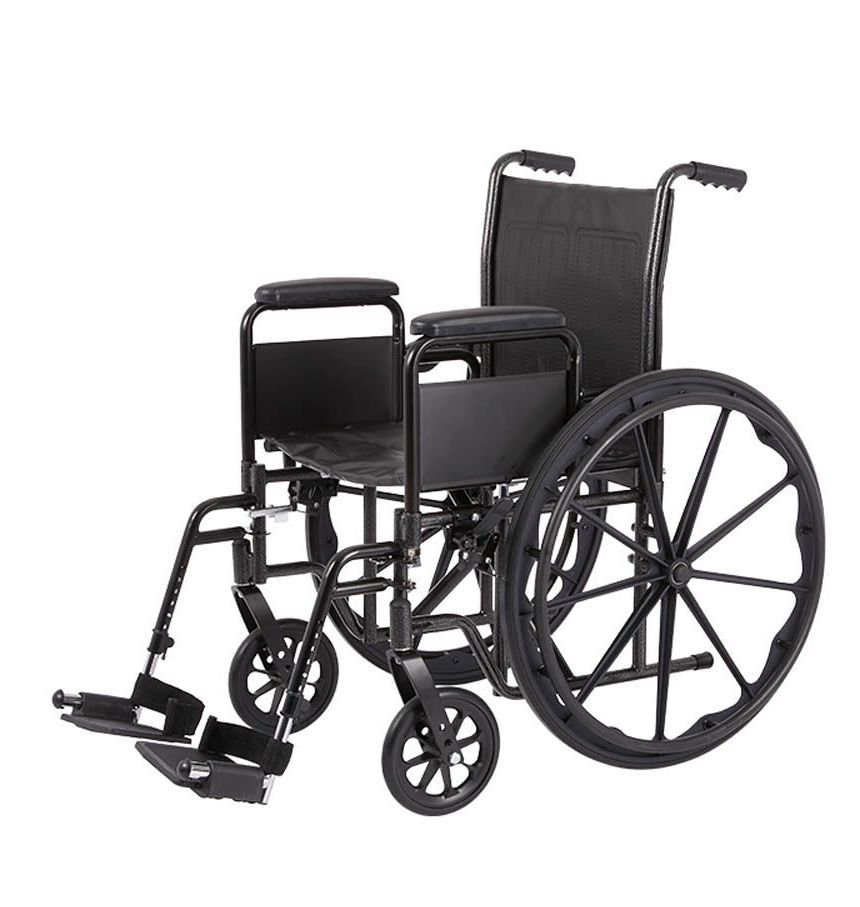








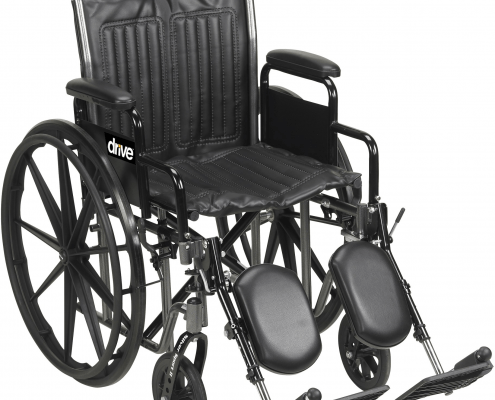

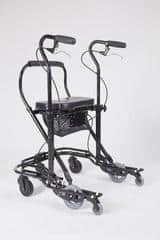


ASK OUR EXPERTS
262-549-4900
Miller Mobility Products
36336 N. Summit Village Way
Oconomowoc, WI 53066
HOURS:
M-F: 9 a.m. - 5 p.m.
Sat: 10 a.m. - 2 p.m.











